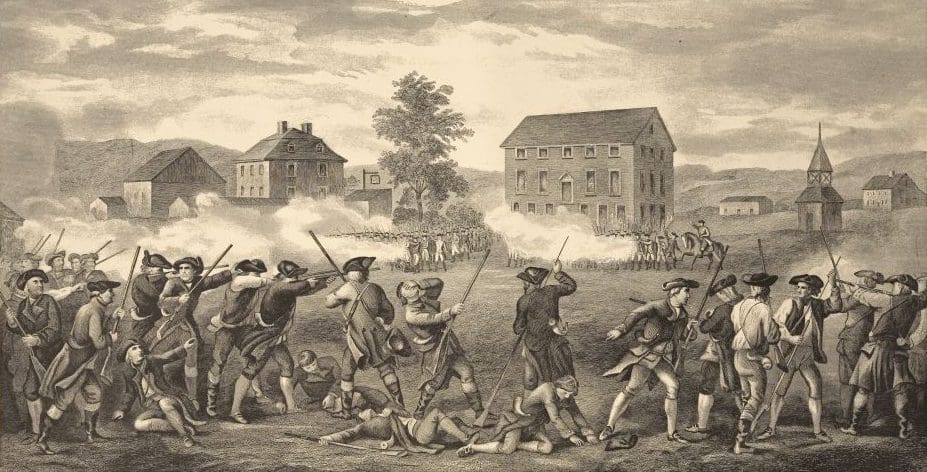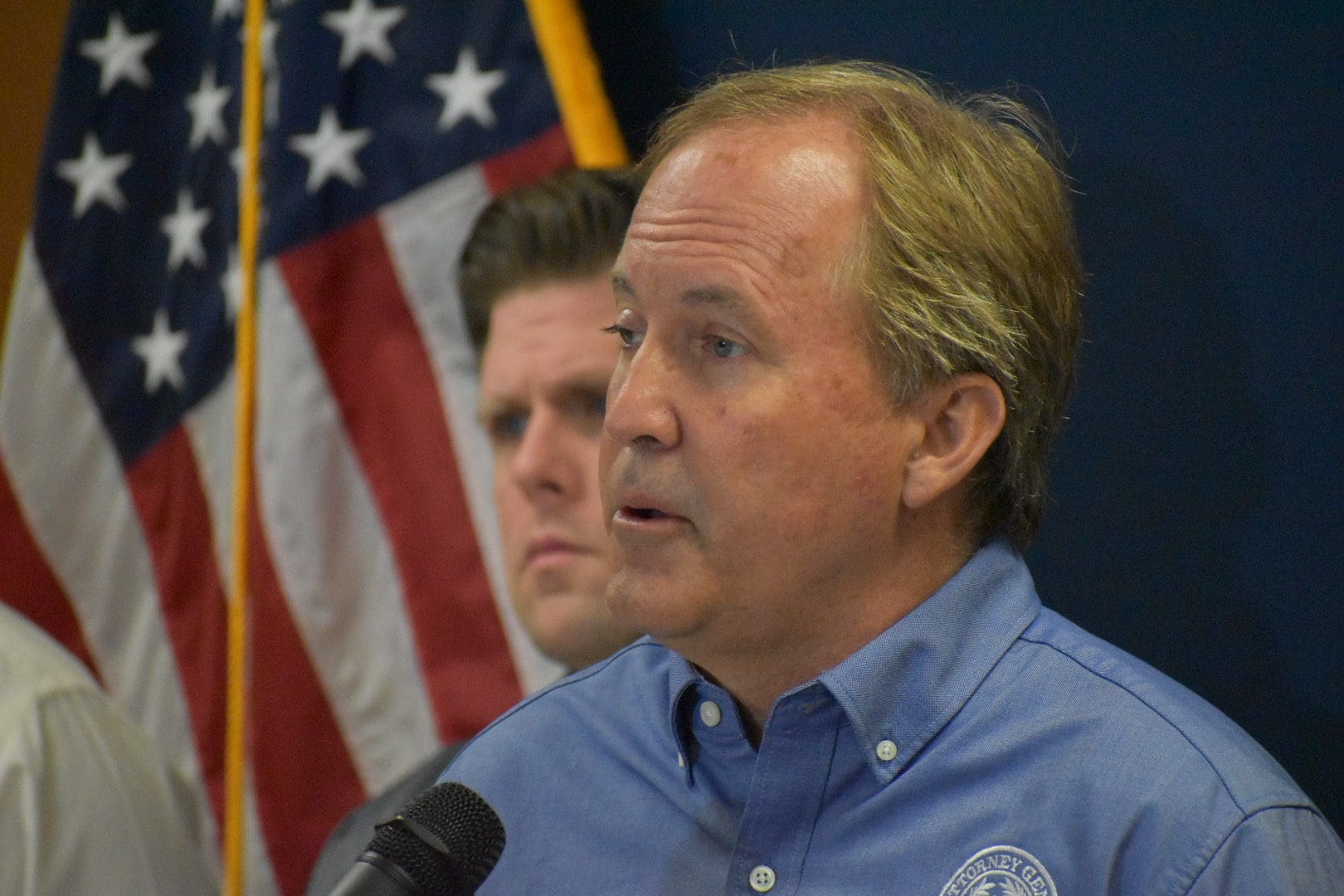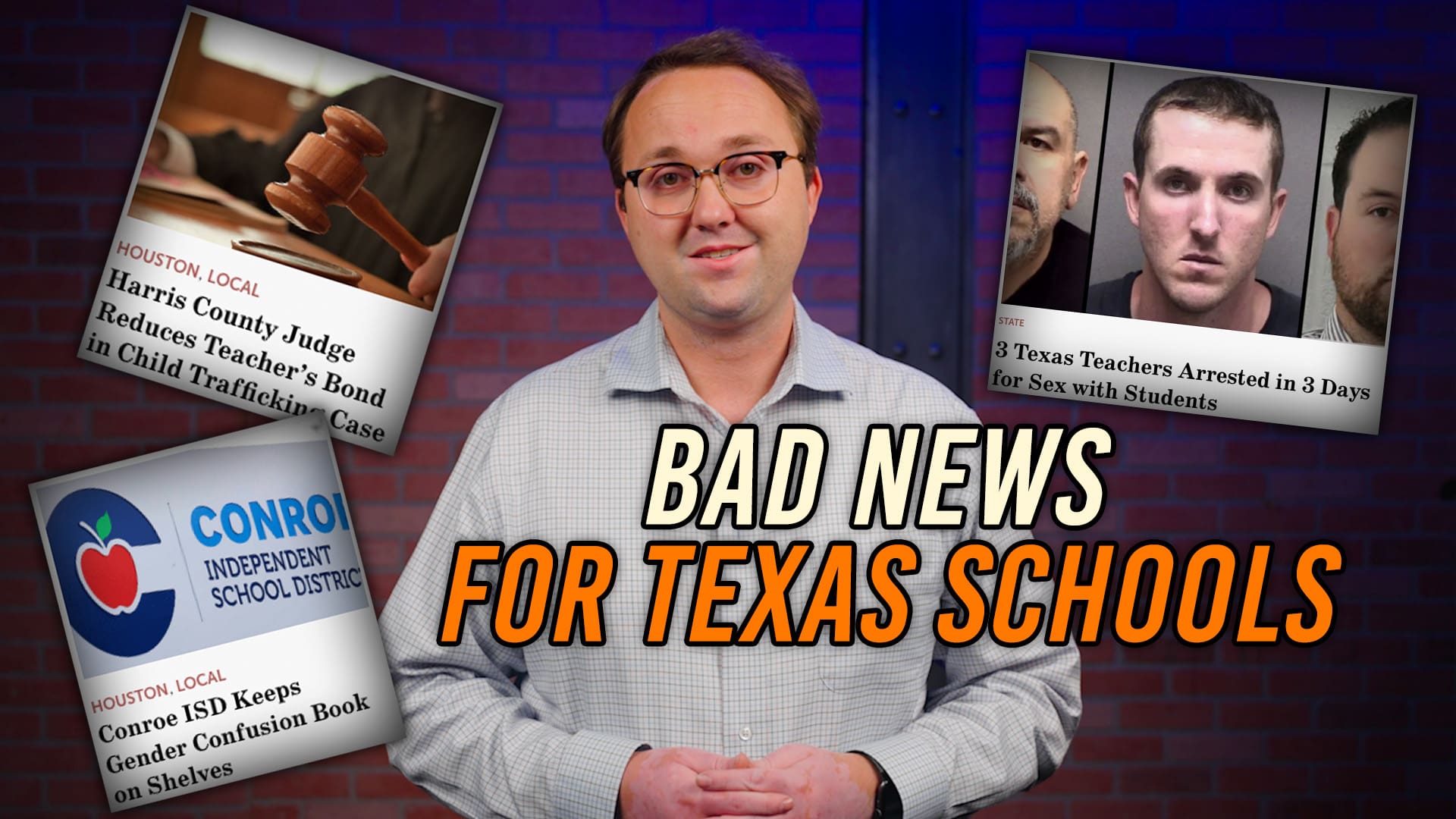We have forgotten just how extraordinary it is to be Americans. We have allowed the notion of being an American to be common, just like everyone else. But the fact is, America is anything but common – at least, in its origins.
British Prime Minister Margaret Thatcher understood that. She once said, “Europe was created by history. America was created by philosophy.”
But it was not an esoteric philosophy of learned men in ivory towers, divorced from the practical worries of life. No, it was the practical philosophy of a practical people guided by their faith and experience.
In the early 1840s a young historian named Mellen Chamberlain sought out one of the last surviving participants from the Battle of Concord to ask him about that experience. The minuteman’s name was Levi Preston, who was 91 at the time of their meeting.
(Mr. Chamberlain later reported the interview in his book, John Adams, the Statesman of the American Revolution.)
Chamberlain asked Preston why he had fought the British. The answers weren’t what the historian expected, for Preston did not speak of the oppressive British rule, the stamp tax, the tea tax or the writings of philosopher John Locke.
“Well, then,” Chamberlain asked, “why did you fight?”
Preston’s answer still takes my breath away: “Young man, what we meant in going for those redcoats was this: We always had governed ourselves, and we always meant to and they meant that we shouldn’t.”
It was this philosophy of self-government, so natural to Levi Preston and his contemporaries, that changed the world. It is at the practical root of American exceptionalism. It’s why our nation has thrived, even as other, older and more established nations withered and died.
America is exceptional because we, the people, govern ourselves. Levi Preston and his generation had the moral courage to do what they knew to be right: reject an offer of tyranny so that self-government could thrive.
We do not elect almighty leaders, but public servants. We cannot tolerate unlimited government or make allowance for the divine right of politicians. As H.L. Mencken wrote in early 20th century, “The urge to save humanity is always a false front for the urge to rule.”
Tyranny sometimes arises as a threat, but more often it comes with the promise of benevolent governance.
Even still, we can govern ourselves, thank you very much.
Yet self-government is fragile; it only exists to the extent we continue to participate in it. If self-government is to continue, if liberty is to flourish, if we are to remain independent, we must be informed, engaged and active citizens.
We must, every day, intentionally fight for the right to govern ourselves.





